Mushrooms are fun and easy to grow at home and, once established, provide a tasty crop for up to 5 years. You can grow varieties that are often expensive to buy including oyster, shiitake and the impressive looking lion’s mane. Here’s all you need to know about mushroom growing kits, plugs, spawn and harvesting.
What are mushroom plugs?
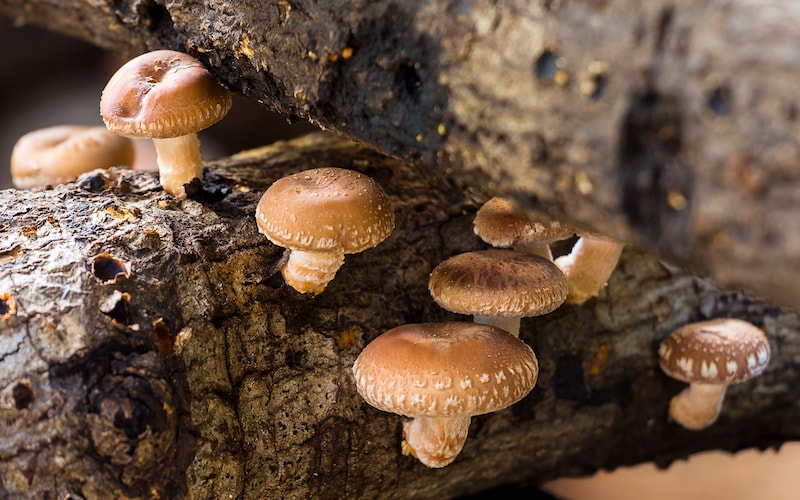
Image: Shiitake mushrooms from Suttons
Mushrooms are produced by an underground fungal network called mycelium. Think of the mycelium as the stem, leaves and roots of a regular plant, and the mushrooms it produces are like the flower.
Mushrooms originate from tiny spores, like seeds, that germinate to produce new mycelium. Because these spores are far too small to handle, mycelium is produced by specialist growers and impregnated into ‘substrates’ like wood plugs, sterile horse manure and straw. These substrates are called ‘spawn’.
Wooden plugs are the most popular type of mushroom spawn. These small pegs of wood have been inoculated with specific mycelium and, when pushed into a log, the mycelium colonises and produces crops of mushrooms.
Which mushrooms can I grow using plugs?
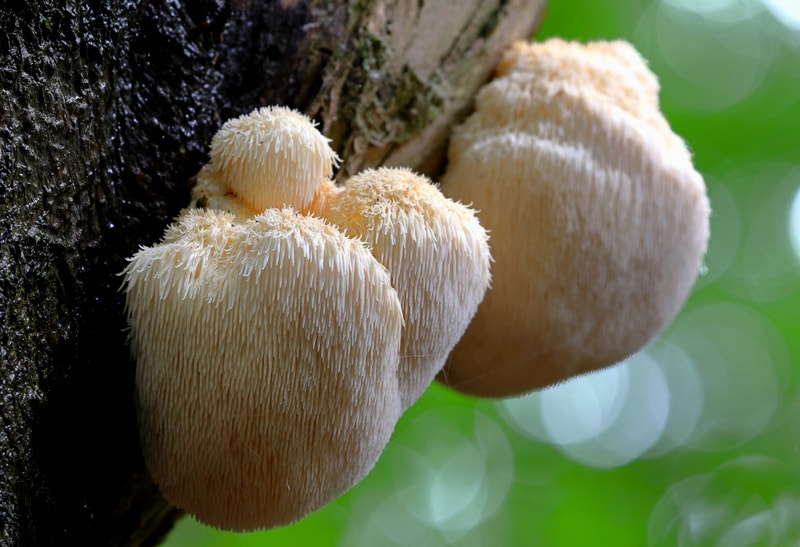
Image: Shutterstock
Mushrooms that naturally colonise trees are suitable for growing from plugs. Expensive and sought-after varieties, like shiitake, lion’s mane and oyster, are particularly well suited to growing in this way.
How to use mushroom plugs
You should start your mushroom plugs as soon as they arrive, provided there’s no frost. Here’s how to set them up:
- Find a freshly-cut hardwood log, like birch or oak, no more than a month or two old. Don’t use pine, fruit trees, or other softwoods.
- Drill holes in the log to the depth of the plugs, at suitable intervals.
- Tap the plugs in with a hammer, ensuring a snug fit.
- Handle your mushroom plugs as little as possible to reduce the risk of infecting the substrate with other fungi or bacteria.
- Soaking your logs for a week before inserting the plugs can help speed up inoculation.
- After inserting your plugs, seal them in. Do this by molding soft beeswax or candle wax over the plug entrance to completely cover it. This keeps moisture inside and prevents bacteria from damaging the plug.
- Place the log in a shady, cool spot to encourage colonisation. Don’t put them in direct sunlight or allow them to dry out in warm weather.
- For a fun and attractive display, dig shallow holes and stand your logs on end to mimic trees.
When to harvest your mushrooms
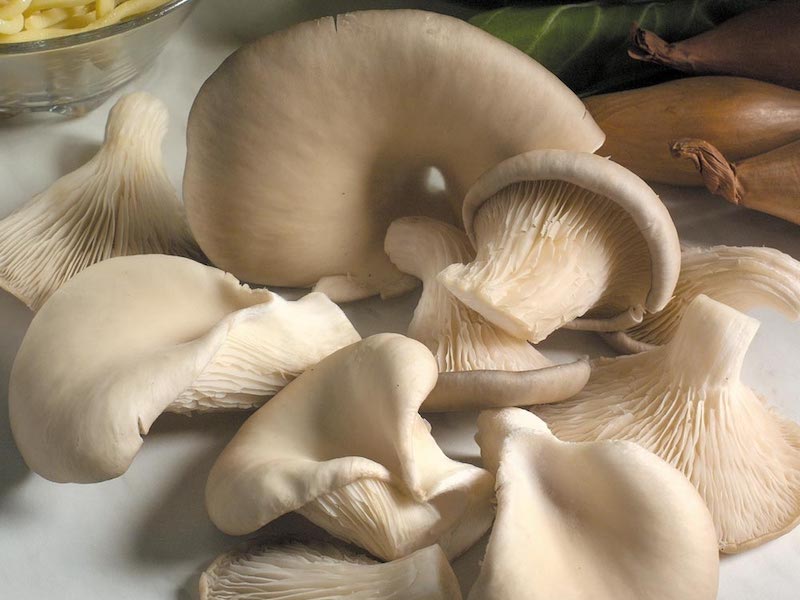
Image: Oyster Mushroom Plugs from Suttons
After setting up the plugs, it usually takes between four and ten months to see your first mushrooms, depending on the variety. Once established, you should get three to five crops a year, for up to five years.
When your mushrooms are large enough, gently cut them at the base with a sharp knife to remove them from the tree trunk. Store them in the fridge, and use them within a few days of harvesting for the best flavour.
Can I grow my own mushrooms using other types of spawn?
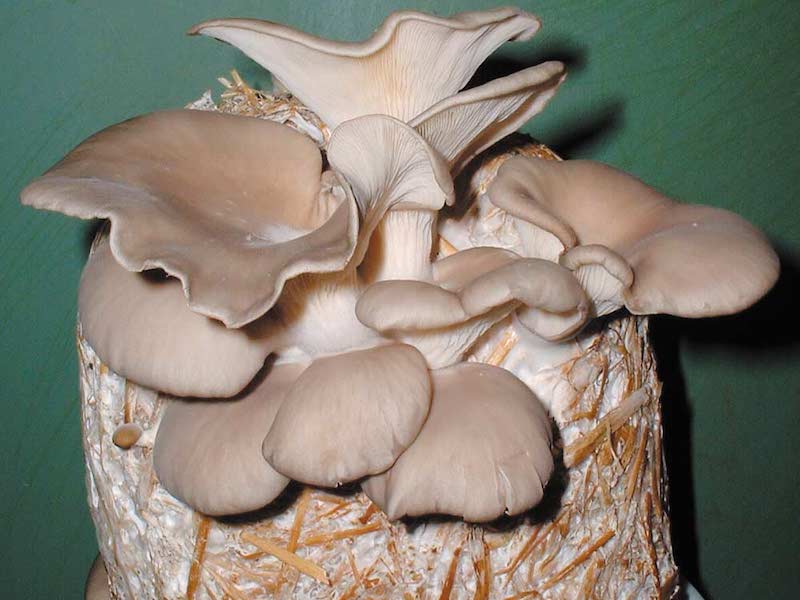
Image: Oyster mushroom straw kits from Suttons
If you want to use a different substrate to grow your mushrooms, or you don’t have enough outdoor space to use a tree trunk, try using grain spawn. Simply mix it with a substrate of your choice, like compost or sterilised sawdust. You can also use straw spawn in the same way.
Use grain spawn indoors to keep it away from birds and rodents. Because it provides more energy for the developing mycelium than other mediums, it’s a great option for seeing quick results. For another great indoor method, try our ready-prepared mushroom windowsill kits. For more information, read our article about how to grow marvellous mushrooms using a windowsill kit.
We hope you’ve enjoyed our guide to growing your own mushrooms from spawn plugs. Share images of your mushroom harvests with us via our social channels.
Lead image: Mushrooms Plugs – Twin Pack from Suttons
Last Updated on November 8, 2024 by Suttons Horticultural Team

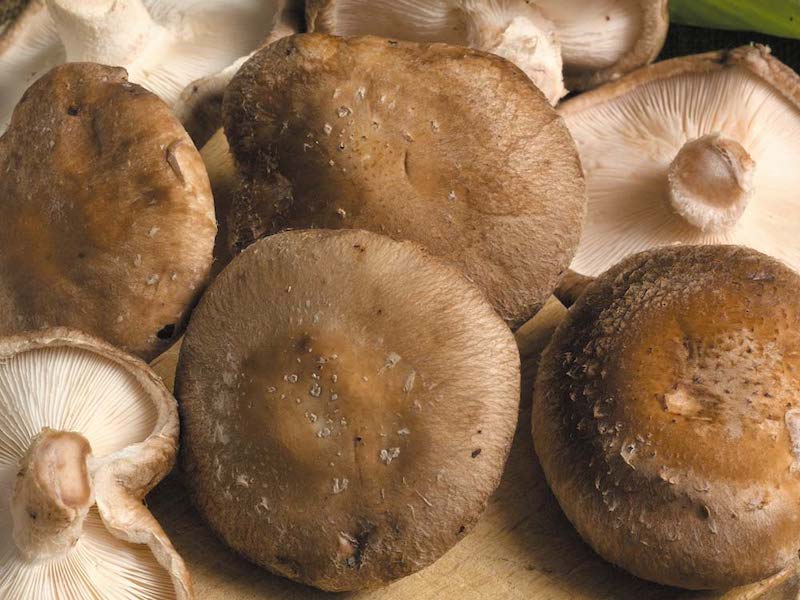
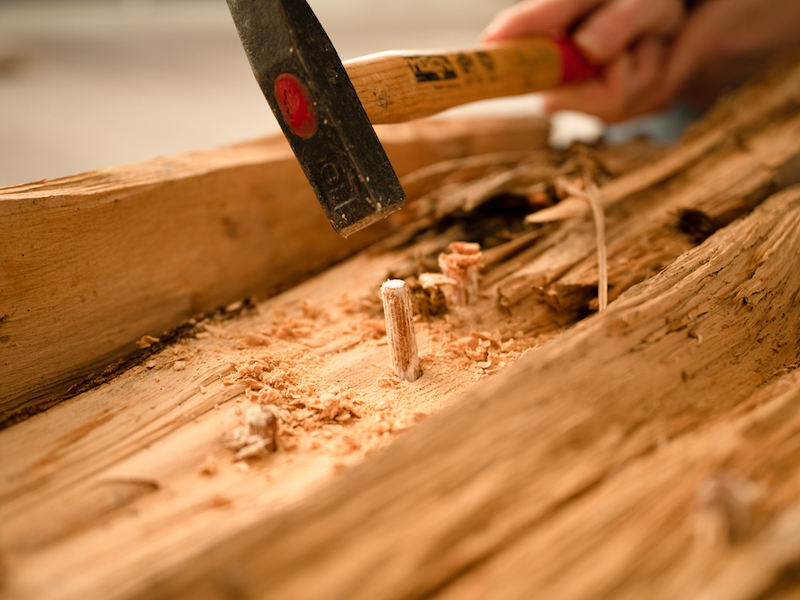

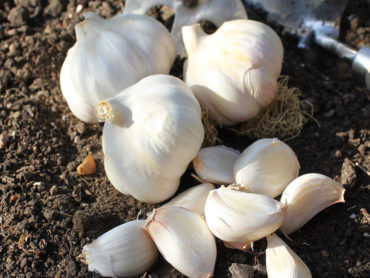
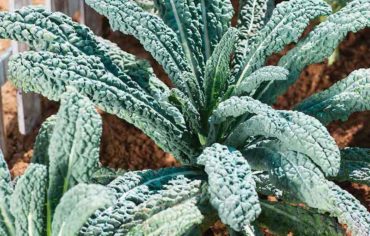
You want to stelize the container they give you, with bleach or rubbing alcohol 70% (inner and outer).
green mold will ruin the substrate if you dont.